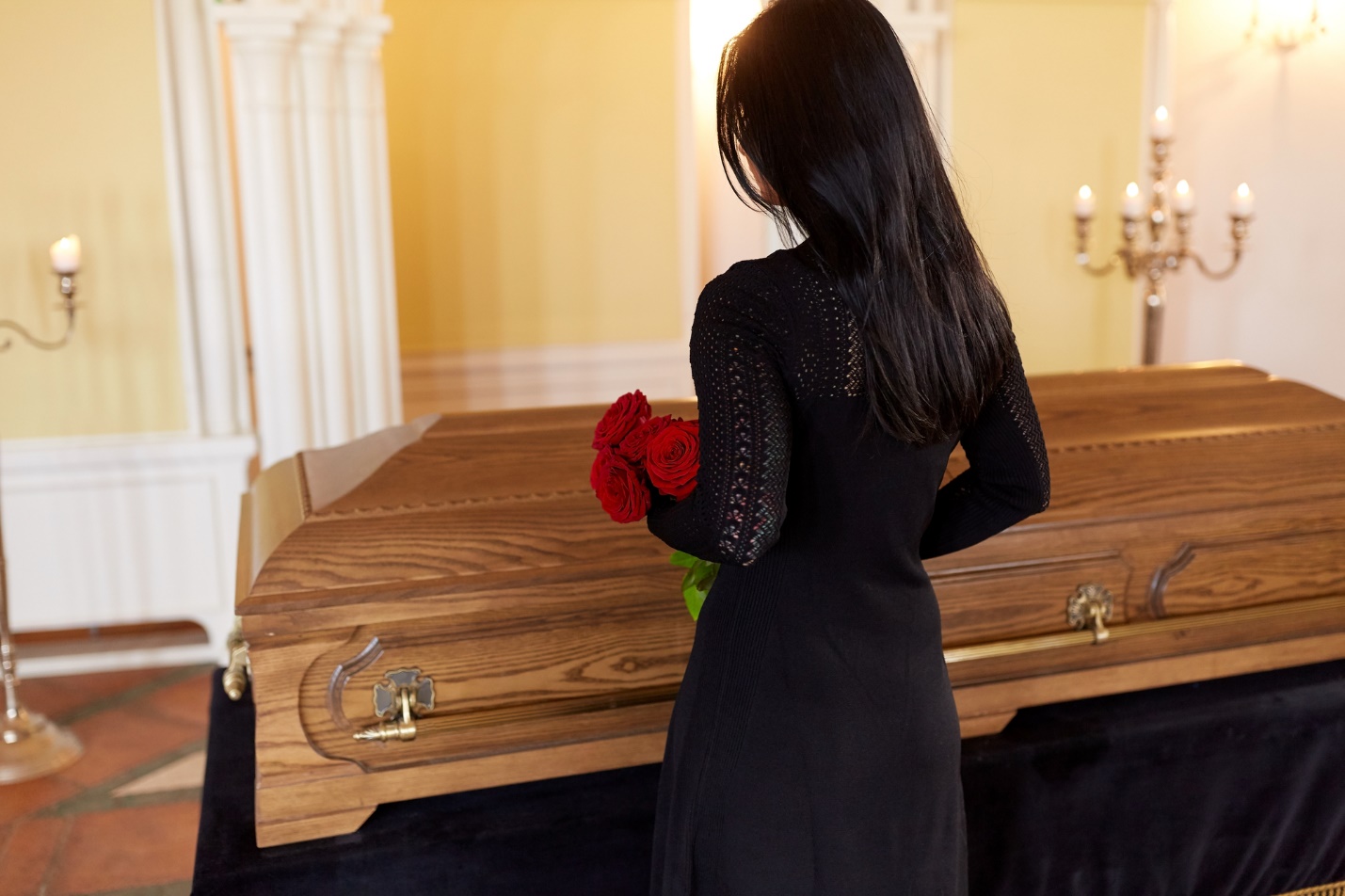BP 187

There was a girl who grew up in a family that served God. But as is always true, the parents were not perfect–and the girl was very sensitive to her environment and observed many of these imperfections and needs. Her emotionally volatile father (he loved Jesus but never chose to deal with the childhood dragons in his heart) developed cancer and her young mother became depressed.
What will an emotionally vigilant girl do at a time like this? Katie did two things. She decided to help nurse her father back to health and to buttress the emotional fragility of her mother. Oh, yes, she also quietly suppressed her own needs.
She had already been praised for taking care of her parents so why wouldn’t she continue to do what brought her positive attention? Also, Katie’s father was deaf to her needs and her depressed mother was distracted by her own unmet needs so why even try to seek attention and comfort when no one is going to hear you anyway?
Isn’t the pain greater when you ask for something and don’t receive it than when you simply ask for nothing? If you expect nothing, there will be no rejection because you are not anticipating a response. Any attention you receive will then be a pleasant surprise. Better to be surprised by a positive than a negative.
In essence, Katie developed a care-taking self who was praised for helping others at the expense of ignoring her own heart. The “false self” that attended to the needs of others grew into her primary identity while her “true self” that needed love, comfort, and someone to be strong for her gradually expired.
Another factor exacerbated Katie’s pain. Over the years as she grew up, she observed her siblings getting more attention than she did. One sibling received attention because he was a rebellious teenager who demanded weekly or even daily interventions from the parents for his negative behaviors. Another brother was seen and celebrated due to his academic achievement while Katie’s sister was special in her parents’ eyes because she brought acclaim and attention to the family name through her athletic achievements.
Katie was the invisible one. She felt lost in the shuffle, so to speak. Her siblings were seen for their unique attributes while her father was noticed for his emotional volatility (and the cancer) and her mother was treated with “kid gloves” due to her depression and need to be comforted by others. No, mom didn’t directly ask for attention. But when her face lit up every time Katie asked her questions or patted her arm or rubbed her back, it was obvious that she was hungry for attention even if it came from her daughter and not her emotionally absent husband.
At a young age, Katie learned (“decided” might be a more accurate term because she made the choice to do so) that her role in the family was not to make waves with her needs and emotions but to calm the waters of every one else’s distress. Once again, being the girl that cared for others earned her positive affirmation. It also earned her a special status in the family that none of her siblings experienced.
All seemed well.
Years passed.

Katie grew up and became an ICU nurse in a large county hospital where all the most critical patients were sent. She had to be “on” all the time. She had to be alert to the needs of the critical patients she was assigned to during her twelve-hour shifts. The job came naturally for her—she had already learned as a little girl that her role was to take care of others and exile her own needs. Besides, she absolutely craved the satisfying feedback she received for being strong and unflappable in the face of crises and stress that would overwhelm most other people.
Katie did find it difficult to watch people suffer and die when she was powerless to do anything to change these excruciating outcomes. But somewhere deep inside, she felt heroic for being on the front lines of the battlefield where life and death fought day and night. She was highly esteemed in the eyes of others for what she did even though others didn’t pursue her or discern her needs. She came across so strong to others that they didn’t consider that Katie might have needs of her own.
She was valued for what she did but unloved for who she was. Her false self was desired, but her true self was all alone. Desperately lonely.
Then one day things began to shift inside of her. She experienced what other nurses around her diagnosed as a panic attack. She sensed a growing anger toward God for all the suffering and death she witnessed every day including the grief of the family members who came to visit their critically ill or dying loved one. She also began to feel bitterness toward her friends and family for not being present for her.
Strong and self-sufficient Katie felt abandoned.
Katie’s heart began to leak out all over the place, and she hated it. She was supposed to be strong and need nothing. She had worked so hard and so long not to be vulnerable and to be in control of her heart. After all, her value came from being resilient and taking care of others.
Control was the warden in the prison of her heart.
She hated feeling like a burden to others, hated being weak and needy like her mother. So, she continued to fight off her tears and her growing anxiety. If someone really cared about her, they would pursue her instead of her having to reach out and ask for help. No, she would never be a burden to others. She had to be strong for others. Besides, she did not want to experience the searing pain of needing someone only to have them be blind and deaf to her heart.
One day Katie heard something that changed her life. She didn’t hear it from her pastor or from her parents or any of her friends. No, she heard it from a woman she barely knew at church. This woman saw past the self-sufficient mask that Katie wore (miracle of miracles) and said she looked sad and overwhelmed and wondered if she needed to sit down and talk.
Katie’s heart jumped for joy inside of her when the woman spoke these words even though she did not reveal on the outside an ounce of what she felt on the inside. She had always wanted someone to pursue her, to listen to her heart, to hear what she wasn’t even saying because she could never allow the words to pass over her lips. After all, Katie had come to believe that she was created to be there for others, not others for her. She was a servant of God who was called to give and not to receive. It was her mission not to be seen.

Even if it killed her. In a very real sense, she was dead–emotionally and psychologically.
What the woman said to Katie was this: You can’t love until you allow others to love you. You can’t genuinely give (at least not your heart) until you receive. You can’t truly connect with other people or even God until you admit you need them. If you don’t do these three things, you will be a machine and not a person. Even if you’re the best theologian and have the whole Bible memorized but don’t have love, you’re empty and alone.
How about you? Are you a machine? Did you grow up believing that you should take care of others and not be a burden to anyone? Have you hidden your heart from the eyes of others because you learned that the only way you would be valued would be to not make waves but calm the storms of others?
If so, hear what Katie’s friend told her, namely, you must open your heart and be seen. You must need, weep your tears with others, have someone in your life present for you. You must identify the lies you learned in childhood that continue to reign unchallenged in your heart—lies like, you are not lovable, you are too much for others, and you will never be loved for who you are but only valued for what you do.
It’s all about doing, performing, achieving, proving your worth, eliciting praise from others for the amazing things you do. Your “true self” (the one God created before the world was made) will never be seen, loved, and desired.
What is the critical truth to be embraced here? If any voice tells you to exile who you are, it is not the voice of God. Remember, Satan will plant a lie (or many lies) in a child’s impressionable heart (especially when the child is very alone) and those lies will become the filter through which she sees the world—other people, God, and even her own heart. For the rest of her life.

So, find at least one person (like the woman who approached Katie) who will act as God’s high priest to you who will hear your heart and interpret your unique emotional language. Never accept that you have been destined to be alone. Never settle for less. Always move toward others. Be heard, exposed, known.
You must destroy the lie that you are unlovable. Yes, your head knows that lie is not true. But oh, how the heart can feel that it is true. Your emotional mind will convince your rational mind that it is wrong.
One last thought. If you are a hospice nurse, an ED doctor, or an ICU NP or PA (or anyone who takes care of others for a career or as an avocation), take an inventory of your heart and make sure your needs are seen and your heart is loved. God does not love you for what you do; He loves you for who you are and who you are becoming.
So, daughter or son of the King, make waves. Be seen and heard.
If you send your heart away, how will you ever love God? Maybe most importantly, how will you experience His love for you?
Witness with what words people speak when they have received the love of God:
“For we never came with words of flattery, as you know, nor with a pretext for greed—God is witness. Nor did we seek glory from people, whether from you or from others, though we could have made demands as apostles of Christ. But we were gentle among you, like a nursing mother taking care [not caretaking] of her own children. So, being affectionately desirous of you, we were ready to share with you not only the gospel of God but also our own selves, because you had become very dear to us.
Also witness what words the God of love speaks over His children:
“Is Ephraim my dear son? Is he my darling child? For as often as I speak against him, I do remember him still. Therefore my heart yearns for him I will surely have mercy on him, declares the Lord” ~ Jeremiah 31:20
Lastly, remember that Jesus rose from the dead. He wants you to be fully alive as well—in this world and in the next. So, no longer hide yourself in the dungeon of your heart. Come out! There are those who will never see you as a burden but a beloved one!

